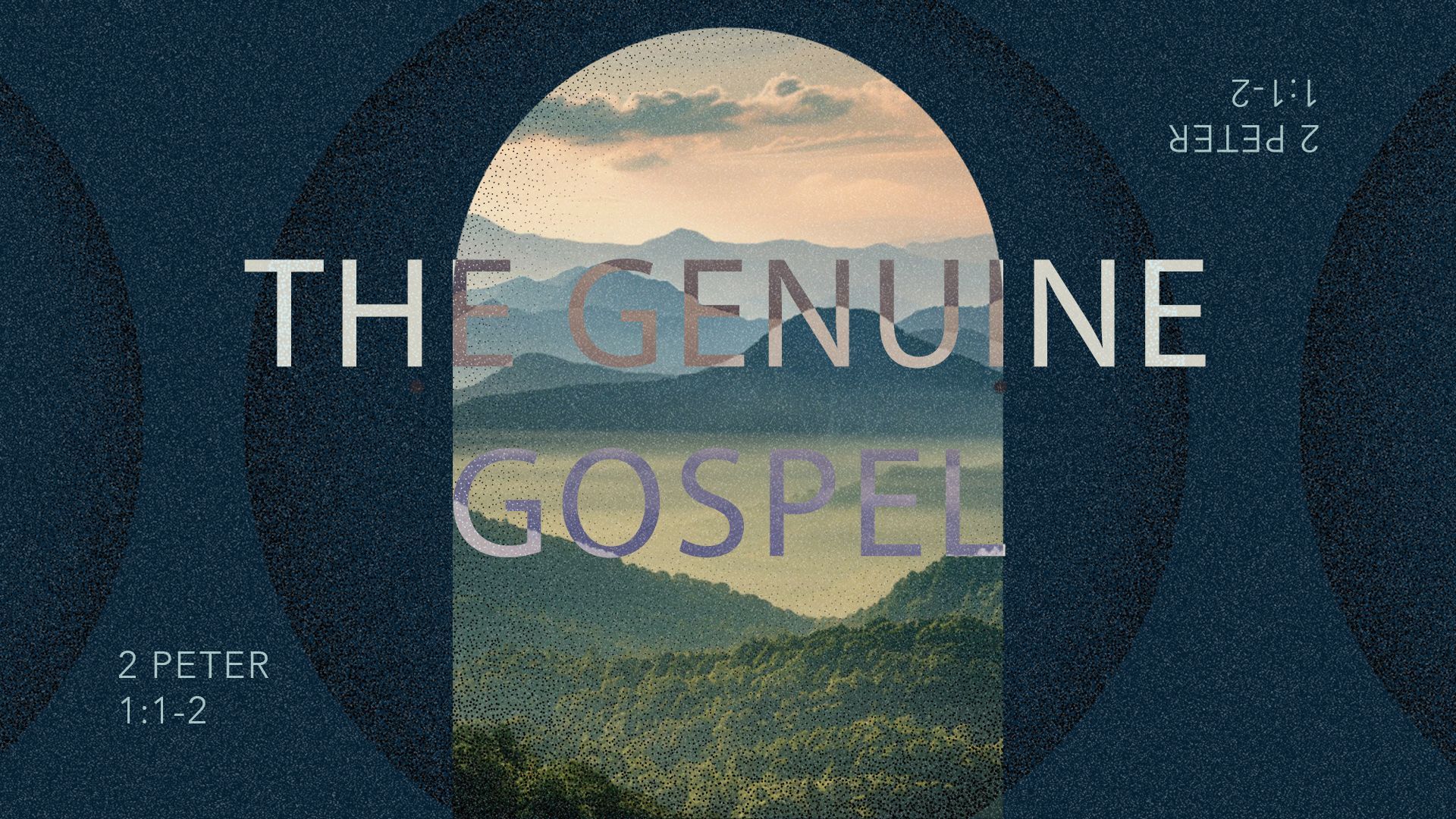A Definite Decrease
Summary of sermon on Matthew 14:1-12 from Pastor Lance Shumake..
"He must increase, I must decrease."
- John the Baptizer
John the Baptist, JTB, the GOOT… we don’t have a lot of what he said on record, but the words we do have are extremely significant.
“Repent for the kingdom of heaven is at hand.”
“Behold, the Lamb of God who takes away the sin of the world!”
When asked about his ministry, here’s what John the Baptist said,
“He must increase, I must decrease.”
In our text this week -- Matthew 14:1-12 -- there is a definite decrease.
As Pastor Shu explained on Sunday, there are parts of our Bibles that are descriptive and parts that are prescriptive. This section of scripture is more descriptive in nature. The death of John the Baptist is not a fun story to read, it’s horrible, and while there are not many “takeways” from these events themselves, they do cause us to step back and reflect on the bigger picture at work here.
There’s a reason this story is mentioned in all the gospels. Let’s pause to
remember and reflect on some greater truths here...
(1)
We are the problem.
It is tempting to look at this story and think, ‘Wow, Herod and his wife were really messed up.’ The truth is, we are just like them. We too are tempted to take one step in the wrong direction, then another, then another -- until we fully believe that our way is the right way.
The gospel is most offensive to those who think they have it all together.
Perhaps that’s why Herodias grew so angry with John.
The Bible says, “If we say we have no sin, we deceive ourselves” (James 1:8); and that “we have all sinned and fallen short of the glory of God” (Romans 3:23.)
Sin is the problem here. We are the problem, because we are all sinners.
The good news in this is that Jesus dealt with our problem. But it cost Him His life.
This story reminds us too that (2)
following Jesus includes a cross.
Why is this story here? Mostly to foreshadow that Jesus too was headed toward death for no fault of His own.
For the entirety of Scripture [the entirety of creation!], the cross was always God’s plan.
And as Jesus tells us, for us to follow Him, that following also includes a cross:
Luke 9:23,
"And he said to all, “If anyone would come after me, let him deny himself and take up his cross daily and follow me."
When Jesus said those words, they only had one connotation: miserable death. He calls us to die to our ourselves daily. To put our dreams, plans, and goals to death; because we know that His plans are bigger and better.
This was something John practiced. He saw sin and called it sin. Even in tough times, He stood on God’s word and stood up for the truth.
It cost him his life.
In a culture that is increasingly contrary to what scripture tells us, do you know where you stand?
Are you standing on God’s word or are you standing on what the world feeds you?
As Christ followers, we should approach people who think unbiblically with love, patience, and grace -- but we can not compromise on the truth. It may cost us. It may get worse before it gets better.
This story also reminds us that (3) life is really short.
Scholars believe that John the Baptist died when he was 30. His ministry was only a year; a big chunk of that time he spent in prison.
James 4:14,
"Yet you do not know what tomorrow will bring. What is your life? For you are a mist that appears for a little time and then vanishes."
How we prioritize our time and energy matters! Are we spending our time on things of earthly significance or on things eternal?
Though this is a hard story, there is GOOD NEWS here too: (4) God was then -- and is now -- in complete control.
Paul Tripp said it well,
“God is not shocked in this moment. And you need to remember the things in your life that surprise you, do not surprise your Lord. He knows all things; He plans all things; His dominion rules over all. You're shocked because you're not sovereign!”
There’s also a challenge here: we have a mission.
In light of all this -- that (1) we are the problem, yet (2) Jesus gave up His life to save us. And because (3) our lives our really short; and (4) we know God is in control -- we have a mission here to embrace. We are called to live for Him no matter what it costs us.
2 Corinthians 5:15,
"And he died for all, that those who live might no longer live for themselves but for him who for their sake died and was raised."
In less than two weeks, we’ll come together to celebrate just that: EASTER.
The one, true source of hope that we can cling to.
The hope that carries us out into the world on mission.
--
In case you missed it, watch this sermon on our website.





